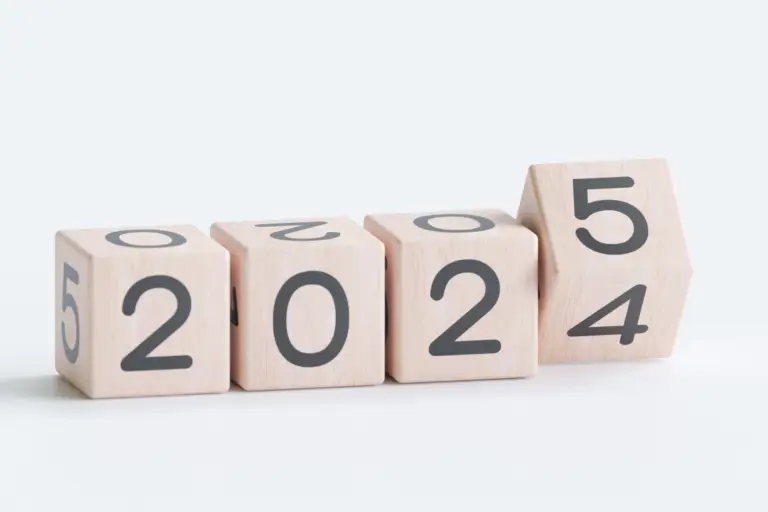Yet if multiculturalism as a practical concept is widely accepted in modern day Britain, why is it still a topic of discussion amongst the academic and political classes?
At a security conference in Munich in 2011, Prime Minister David Cameron pushed for a stronger British national identity, as he argued that “state multiculturalism” had failed.
However last month, the former Tory Chairman Lord Ashcroft conducted a representative survey of British ethnic minority voters. The survey found that 90% of voters believe the UK has become a more multicultural society and that this is a positive development. A broader national survey found that 70% of all Britons see a multicultural UK as a “good thing”. 71% of Tories support multiculturalism, as do 76% of Labour voters and 89% of Lib Dems.
Interestingly, while Education Secretary Michael Gove has recently come under fire over plans to stop teaching about “the diversity of Britain”, a recent study published in the European Sociological Review found that children who are given anti-racism lessons in school are more likely to be intolerant outside the classroom. The report emphasised that “the impact of positive inter-ethnic contact in class disappears when multiculturalism is taught during lessons”.
The question therefore, is whether the war to defend multiculturalism has already been won. Is it time to move on? Is the teaching of multiculturalism in a multicultural, multiethnic and multiracial society doing more harm than good?
Although events 60 years ago undoubtedly marked a new era of multiculturalism, it is important to remember that as an island that was repeatedly invaded, and consequently speaks a language made up of German, Latin, Saxon, Celtic and French (to name a few), Britain has always been multicultural.
Luckily, in the 21st century identity is not finite and loyalties do not have to compete. So whether we are in the majority that favours a multicultural Britain, or like UKIP, are for a stronger national identity, we should celebrate the very fact that these debates are taking place. Suffice it to say, multiculturalism is not dead but is a living, organic entity affecting us all.



